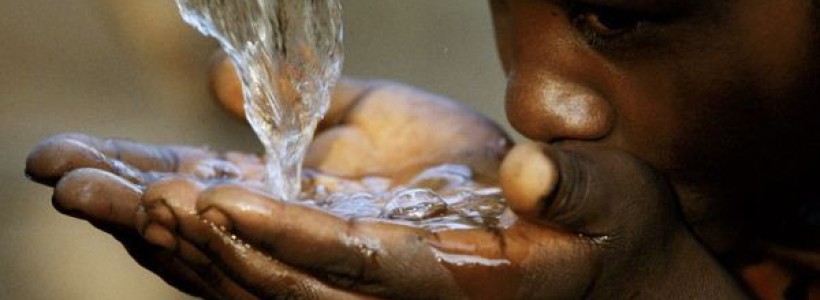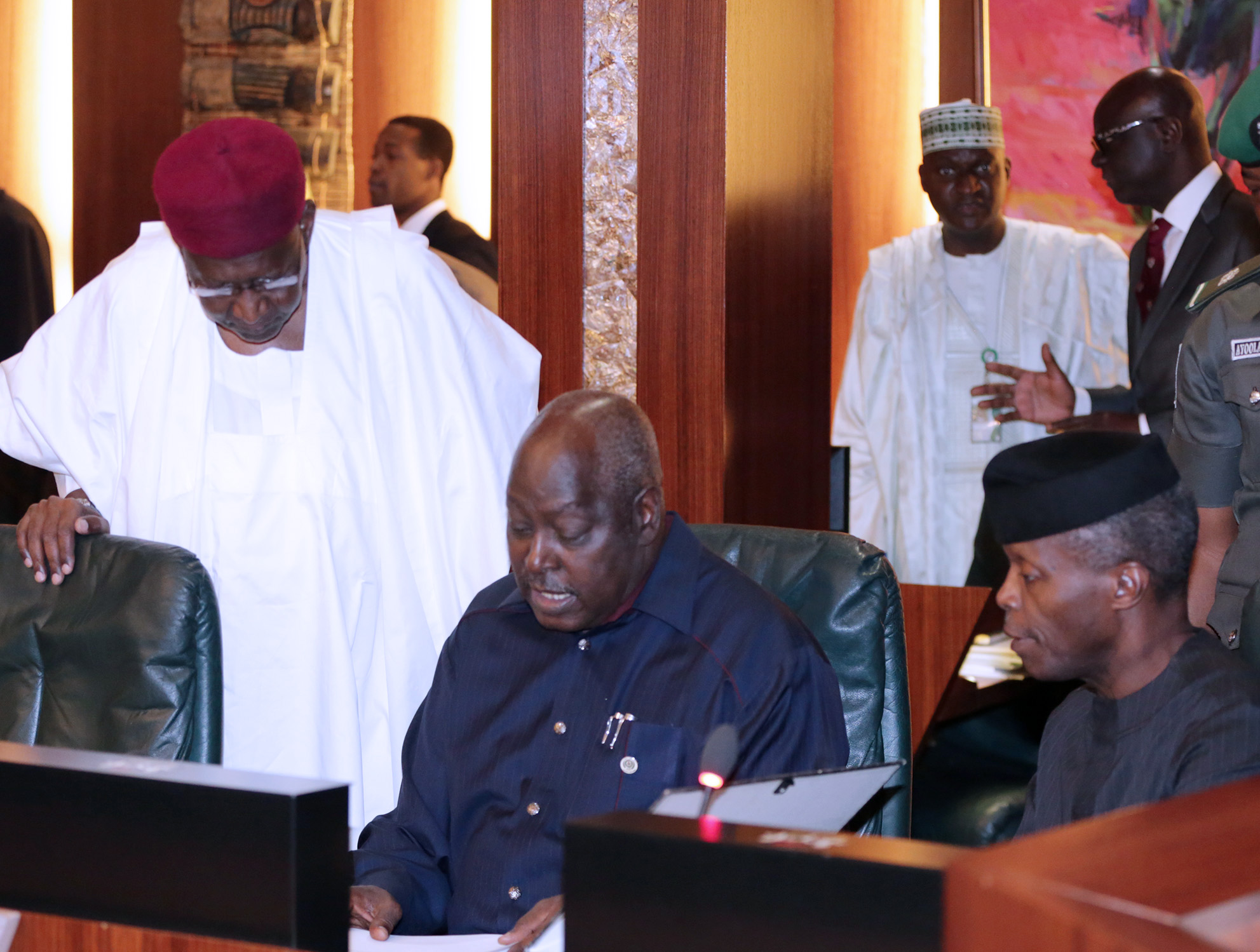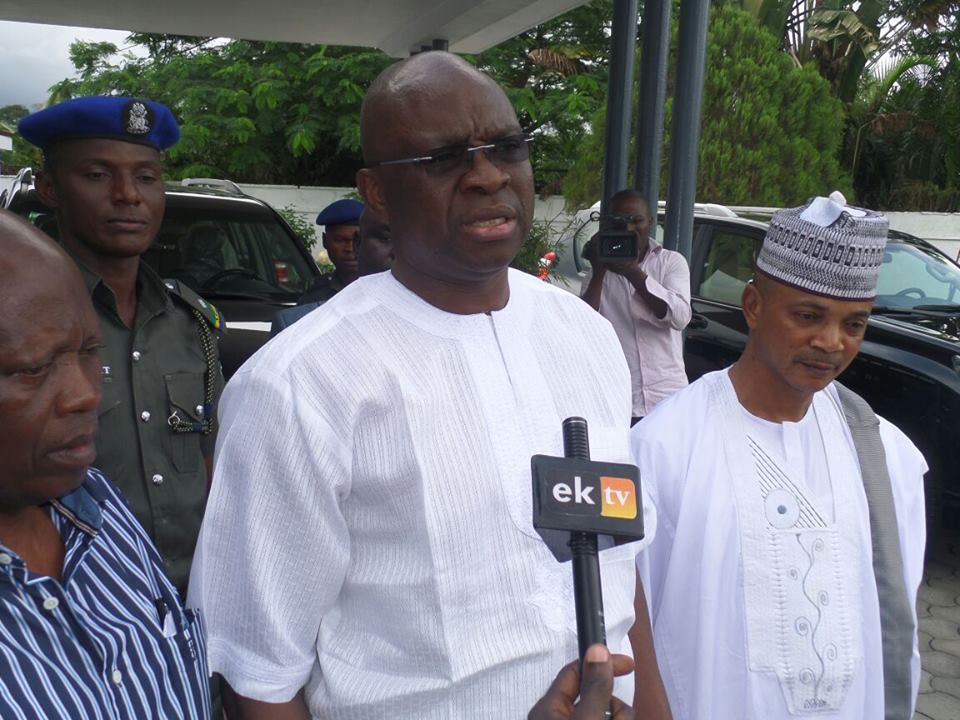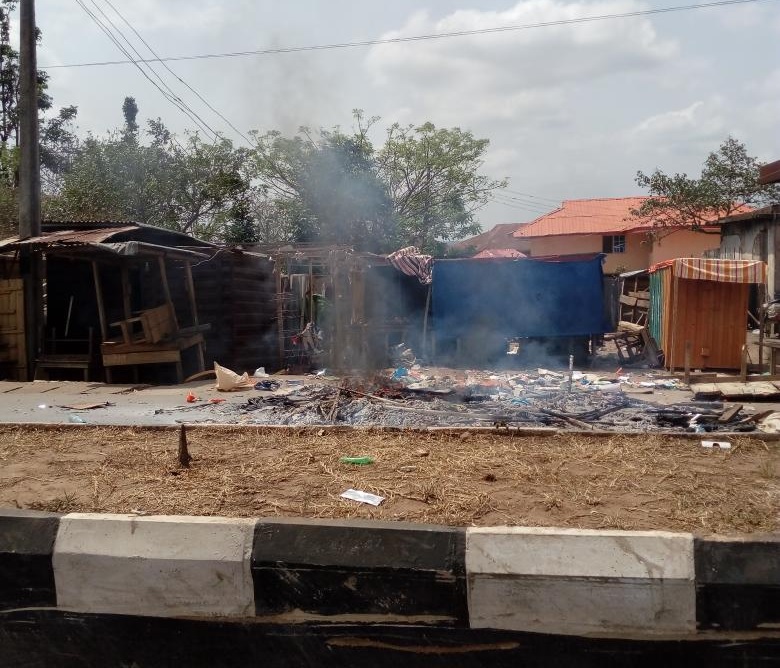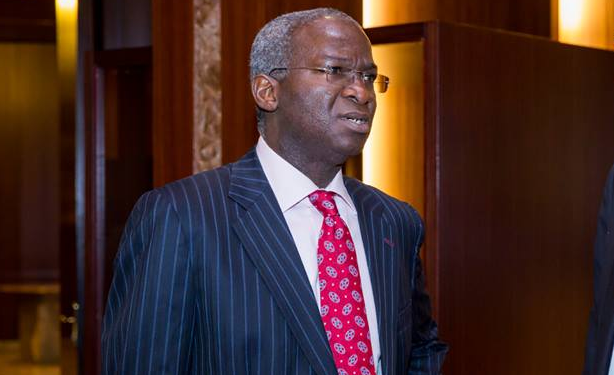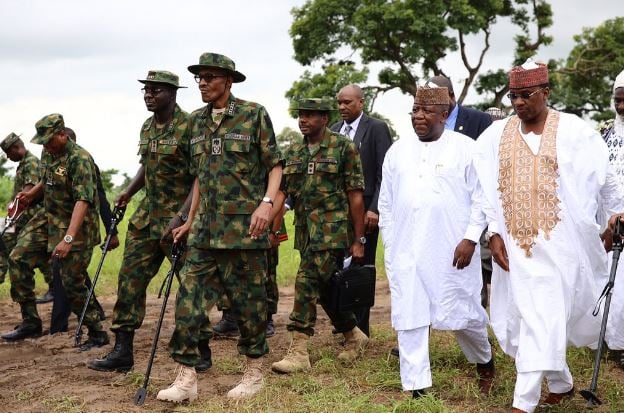Nafisatu Yunusa is a 23-year-old mother who lives in Marafa, a village of just over 600 people in Bauchi state.
In her community Marafa — like many other rural communities in Bauchi where the harmattan can be tense and no rain for months — access to water or toilets is an issue with open defecation being a norm, UNICEF says.
“Most households has lost at least one family member to preventable diseases such as cholera and typhoid,” the organisation said adding that fields and villages were contaminated with feces making them malodorous, but was also extremely unsanitary.
According to Yunusa, children in her community suffered intensely from diarrhea, typhoid fever and cholera, all water borne diseases that could cause the deaths of several people
Advertisement
“Back then, our children were always suffering from diarrhea, typhoid fever, cholera,” Yunusa explained to UNICEF.
“It was the biggest challenge we had, it was everywhere.”
But this was not the only problem the community had, no water meant no romance for a lot of the couples living in Marafa.
Advertisement
The women in the village, according to Nafisatu, used to stuff dirty menstrual padding under their beds, which often made the bedrooms smell unpleasant.
The husbands would then burn spirals of mosquito coils hoping to douse the smell and if it didn’t work, the husbands will refuse consummate relationships.
WASHCOM
With the establishment of a water, sanitation and hygiene committee (WASHCOM), Yunusa says her life has been transformed.
WASHCOMS is a project by UNICEF’s SHAWN (Sanitation, Hygiene and Water in Nigeria) programme.
Advertisement
“Among the good hygiene practices they have been trained to teach, WASHCOM hygiene promotion team members have shared their knowledge with women community members about menstrual hygiene management,” UNICEF said
“Now that there is water in the village, and with women having learned about better menstrual hygiene practices, that problem has vanished.”
Yunusa, who WASHCOM has now trained to teach healthy sanitation practices to others in the community, agrees with UNICEF, saying the project has saved lives and has helped marriages.
Yunusa also says relationship in the community have improved and children have better hygiene practices.
Advertisement
“Now when a child goes to use the toilet he or she comes and washes hands – with soap, if it is available, or ash,” she tells UNICEF.
Marafa has now become one of 351 communities that are now certified as “open defecation free” in the local government area of Dass, in Bauchi state.
Advertisement
Add a comment
